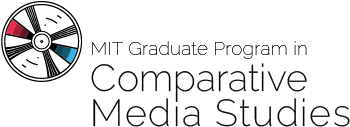What is the role of design in modeling digital humanities? Can we imagine new forms of argument and platforms that support interpretative work? So much of the computationally driven environment of digital work has been created by design/engineers that humanistic values and methods have not found their place in the tools and formats that provide the platform for research, pedagogy, access, and use. The current challenge is to take advantage of the rich repositories and well-developed online resources and create innovative approaches to argument, curation, display, editing, and understanding that embody humanistic methods as well as humanities content. Designers have a major role to play in the collaborative envisioning of new formats and processes. Using some vivid examples and case studies, this talk outlines some of the opportunities for exciting work ahead.
Johanna Drucker is the inaugural Breslauer Professor of Bibliographical Studies in the Department of Information Studies at UCLA. She is internationally known for her work in the history of graphic design, typography, experimental poetry, fine art, and digital humanities. In addition, she has a reputation as a book artist, and her limited edition works are in special collections and libraries worldwide. Her most recent titles include SpecLab: Digital Aesthetics and Speculative Computing (Chicago, 2009), and Graphic Design History: A Critical Guide (Pearson, 2008, 2nd edition late 2012). She is currently working on a database memoire, ALL, the online Museum of Writing in collaboration with University College London and King’s College, and a letterpress project titled Stochastic Poetics. A collaboratively written work, Digital_Humanities, with Jeffrey Schapp, Todd Presner, Peter Lunenfeld, and Anne Burdick is forthcoming from MIT Press.



